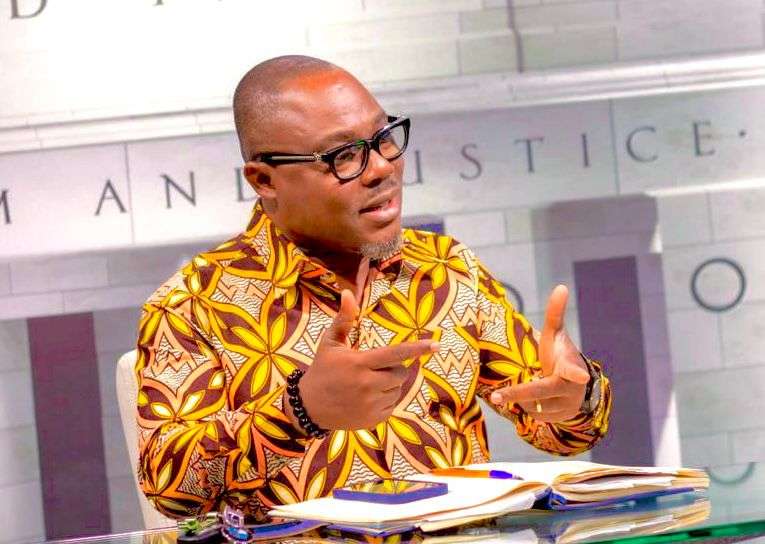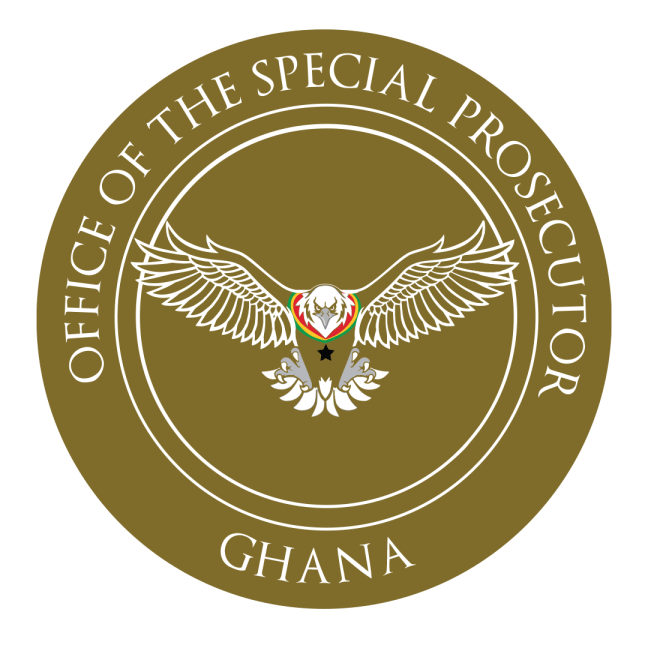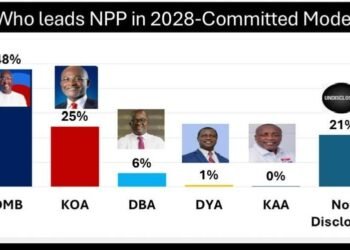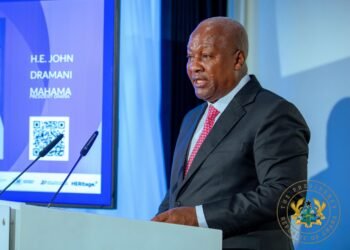Amid a brewing dispute between the Office of the Special Prosecutor (OSP) and Professor Ransford Gyampo, lawyer and political activist Oliver Barker-Vormawor has called on all public officials to steer clear of interference in investigations, whether direct or perceived.
Barker-Vormawor stressed the importance of public officials maintaining ethical boundaries in their interactions with investigative bodies.
According to him, interference—or even the appearance of it—can damage not only legal processes but also the credibility of the individuals involved.
“I think it is in the interest of all appointees to avoid interferences or appearance of interference with ongoing criminal investigations. That should be in the new Code, if it isn’t already!”
Oliver Barker-Vormawor
Barker-Vormawor’s warning comes in the wake of accusations that Gyampo tried to obstruct the OSP’s probe into Strategic Mobilisation Ghana Limited (SML) and the role of former Finance Minister Ken Ofori-Atta.
The recent back-and-forth began when the OSP alleged that Prof. Gyampo, who also heads the Ghana Shippers Authority, had improperly intervened in its investigation into SML.

Prof. Gyampo refuted the claim, arguing that he intended to help the state avoid potential financial loss. However, Barker-Vormawor challenged this justification, arguing that making such determinations is not within Gyampo’s authority.
“With all due respect to Ransford, only the Attorney-General should have to make that call, whether ongoing investigations may cause financial loss to the State.”
Oliver Barker-Vormawor
He further argued that individuals not directly supervising an investigative agency should “be presumed not to have any or sufficient knowledge of what information the agency possesses.”
Caution Urged In Public Commentary Amid OSP Issues
While affirming that public appointees have the right to share their opinions publicly, Oliver Barker-Vormawor emphasized the need for restraint and discretion.
He advised that when such commentary involves matters of caution or ongoing investigations, it is best to limit remarks to the public domain—and only when absolutely necessary—to avoid unintended consequences or perceptions of impropriety.
His comments come as questions mount over why Prof. Gyampo felt compelled to contact the OSP in the middle of an active operation.
According to Barker-Vormawor, such actions blur the line between civic responsibility and potential obstruction.

“But if you are not SML’s legal advisor, do not call the Agency or its head. You may do that if you are not in public office, and even then, you must offer information with the aim of clarifying. Lest ye be accused of obstruction. Your reputation is at stake; guard it carefully.”
Oliver Barker-Vormawor
He pointed out that the Office of the Special Prosecutor was in the process of lawfully executing a search warrant when Prof. Gyampo tried to convey what he considered urgent information.
However, the nature of that information remains unknown, as neither the public nor relevant authorities have been informed about what was so pressing that it warranted intervention during an active investigation. “Whatever information Ransford has that will cause us financial loss, I now believe we all need to hear it! So we judge fairly his motivations.”
Though he admitted that the OSP’s response to Gyampo was “a little salacious,” he argued that the professor could have avoided the controversy altogether. “You did not need to put yourself in that situation. Public office is a slippery slope.”
The confrontation has highlighted a recurring concern in Ghana’s governance: the delicate balance between transparency and due process.
For some, Prof. Gyampo’s actions may reflect genuine concern over state finances. For others, it appears as an overstep that compromises the independence of the investigative process.

The real issue is not just the legality of Gyampo’s move but the optics and implications it has for public trust in institutions.
In Barker-Vormawor’s view, avoiding interference in investigations is not merely about following protocol—it is about preserving the rule of law and public confidence.
His comments are already resonating within the legal and civil society communities, with growing calls for clearer rules on how public officials should engage with law enforcement and prosecutorial bodies.
For a country still grappling with perceptions of impunity and politicized justice, the case could become a critical reference point.
Whether Prof. Gyampo’s intent was noble or misguided, Barker-Vormawor’s caution serves as a broader warning to all public officials: sometimes, silence—or at least procedural distance—is the best form of service.
READ ALSO: The Market Voting With Its Wallet!– Analyst Slams Gov’t Over T-Bill Shortfall























